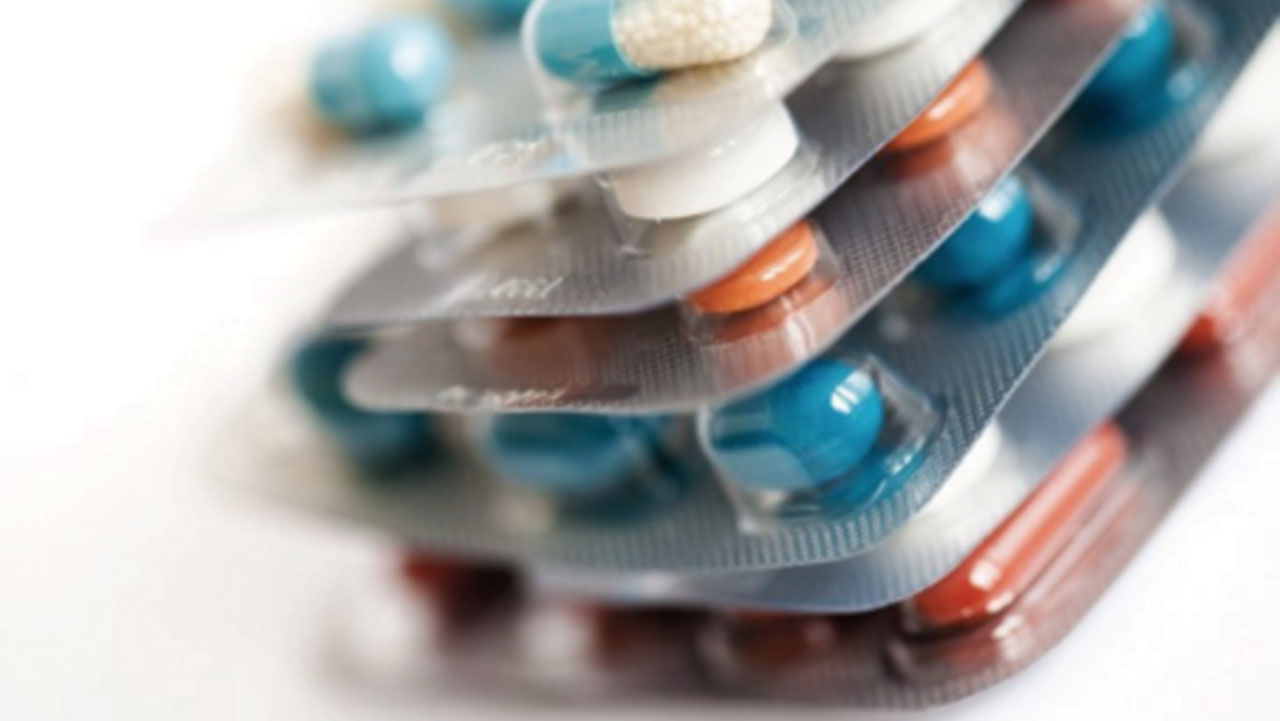
According to the report, falsified malaria drugs are responsible for the death of over 150,000 children yearly and 10 per cent of all medicines sold in developing countries, worth over $200 billion, are substandard.
The new research noted that the death of children is a cause for misery and one of the gravest perils comes in the form of falsified and substandard drugs for treating malaria, pneumonia and other diseases.
Also, it noted that hundreds of thousands of children each year are dying due to a surge of poor-quality or outright fake medicines, especially anti-malarial, antibiotics and anti-hypertensive drugs.
Co-author of the report and senior scientific adviser emeritus at the Fogarty International Centre of the United States (U.S.) National Institutes of Health, Dr. Joel Breman, said: “We are talking about 300,000 – at least – children who have died because of murder-by-alleged-medicines distributed by criminals.
“Our focus was initially and is still on the poor countries because they have no control and a high burden of disease.
“One of two primary areas of concern in these countries is anti-malarial drugs, which may be responsible for the death of more than 150,000 children each year.
“The impact of falsified and substandard drugs is estimated to be as high as 10 per cent of all medicines, costing up to $200 billion in low- and middle-income countries,” said Breman, who is also president-elect of the American Society of Tropical Medicine and Hygiene.
The World Health Organisation (WHO) has defined three types of falsified and substandard medical products. “Falsified medical products” deliberately misrepresent their identity, composition or source.
“Substandard medical products” are regulated drugs that somehow fail to meet quality standards or specifications — for example, they have less than needed amount of active pharmaceutical ingredients.
“Unregistered or unlicensed medical products” are untested and unapproved drugs.
[ad unit=2]



